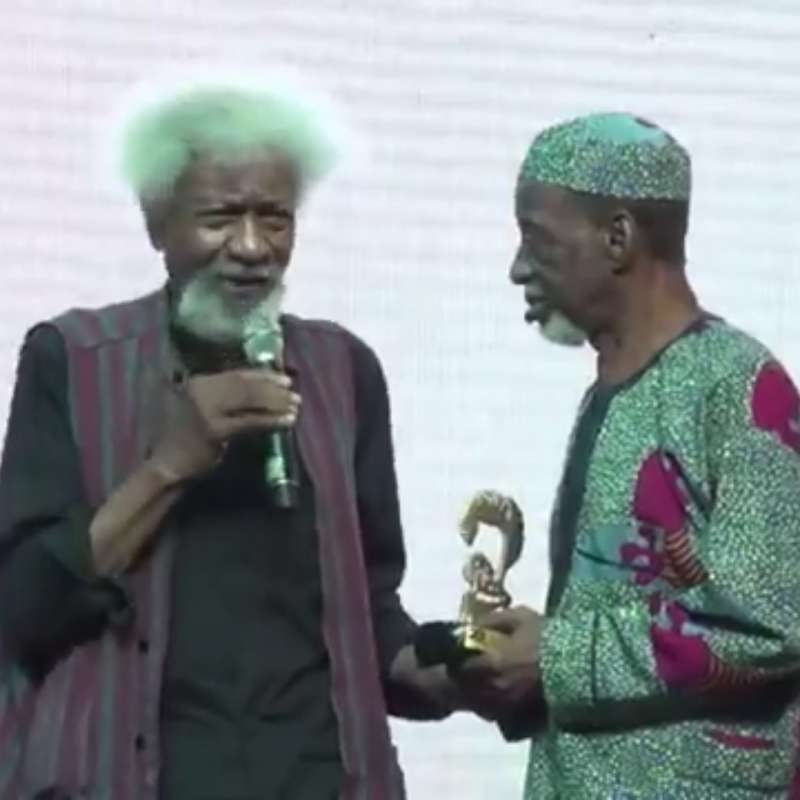President Bola Ahmed Tinubu is entangled in a high-stakes legal fight in the United States to block the release of decades-old law enforcement records. The controversy, reignited on September 10, 2025, has sparked widespread curiosity, with human rights lawyer Inibehe Effiong calling it “embarrassing” for Nigeria. His viral X post, which garnered over 52,000 views, claimed Tinubu fears “irreparable damage” if the FBI and DEA files see daylight.
The saga traces back to a 1990s Chicago drug trafficking investigation, where Tinubu was linked to a heroin ring through a $460,000 civil forfeiture case. Though never criminally charged, the shadow of those allegations lingers. On September 4, 2025, Tinubu’s legal team, led by Wole Afolabi, filed a motion in a U.S. District Court to halt the release of these records, arguing they’re private and their disclosure serves no public interest. The plea has fueled speculation about what secrets these files might hold.
At the heart of this scandal is a Freedom of Information Act (FOIA) battle launched by U.S. activist Aaron Greenspan. Since 2022, Greenspan has doggedly pursued Tinubu’s FBI and DEA records, seeking details on alleged ties to figures like Lee Andrew Edwards and Mueez Adegboyega Akande. A pivotal April 2025 ruling by Judge Beryl Howell ordered the agencies to release non-exempt documents, rejecting their initial refusals. But Tinubu’s recent intervention has raised the stakes, with Greenspan countering that transparency is vital to expose potential abuses of power.
Nigerians are no strangers to political drama, but this case hits differently. Effiong’s scathing remark that “madness is seen as strength” in Nigeria resonates with many who see this as another chapter in the country’s complex relationship with accountability. The presidency, through spokesman Bayo Onanuga, dismissed the issue as old news, insisting the 30-year-old records hold no surprises. Yet, the public’s appetite for truth keeps the story alive, with “Tinubu U.S. records” and “Nigeria scandal” trending online.
What makes this so gripping is the mystery. Why is a sitting president so determined to keep these files sealed? The 1993 forfeiture case, tied to drug proceeds, is public knowledge, but the specifics of the FBI and DEA investigations remain elusive. Tinubu’s lawyers argue the records are being weaponized for Nigerian political battles, a claim Greenspan refutes, accusing Tinubu of silencing critics.
As the court case unfolds, Nigeria watches closely. The lack of a criminal conviction offers Tinubu some defense, but the optics of a president fighting to hide his past are hard to shake. Social media is ablaze with theories, from corruption cover-ups to political vendettas. Effiong’s post, with thousands of reposts, captures the public’s frustration, labeling Nigeria a place where “corruption is celebrated as victory.”
This isn’t just a legal tussle; it’s a test of transparency. With no resolution as of September 10, 2025, the world awaits the court’s next move. Will the records reveal a bombshell, or is this much ado about nothing? For now, Tinubu’s fight to keep his U.S. past under wraps has Nigerians hooked, whispering about what truths might be buried in those files.



















Comments
No comments yet. Be the first to comment!